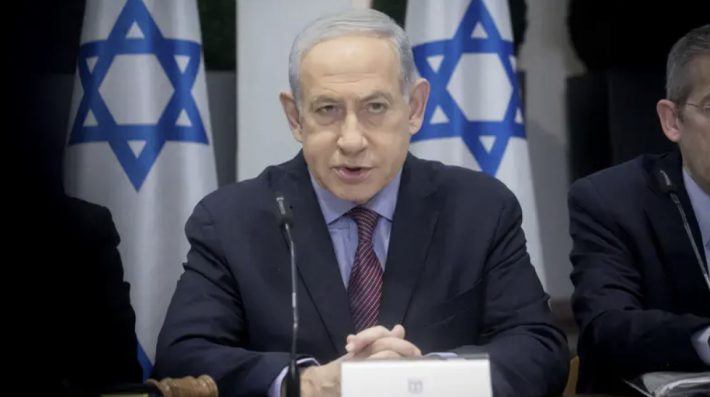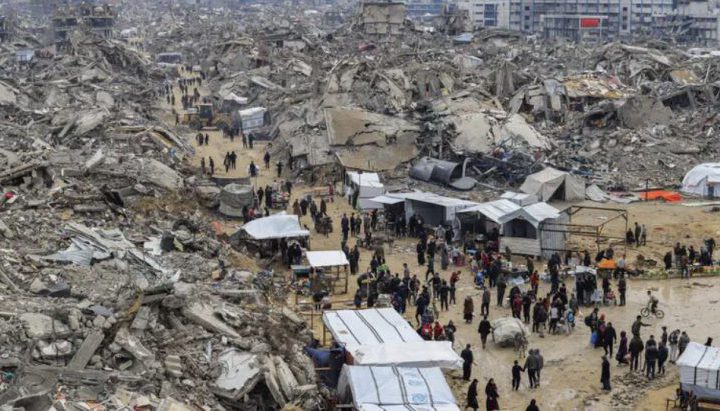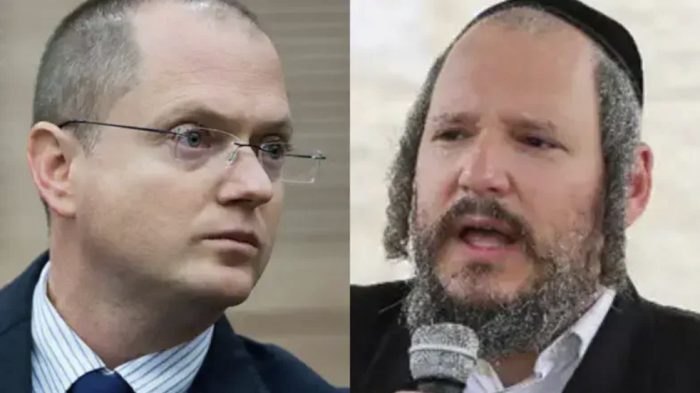Netanyahu demands a formal state inquiry into October 7 failures, touts Iran’s defeat and new Abraham Accords allies amid fiery Knesset debate.
In a charged session of the Knesset on Monday evening, Prime Minister Benjamin Netanyahu took the podium during a special “40-signature debate” called by the opposition, declaring that the time has come to establish a state commission of inquiry into the national and security failures that allowed the October 7th Hamas massacre.
“My mission is to ensure our existence,” Netanyahu said firmly, vowing that the government will expose the truth while ensuring that such a tragedy never happens again. The Prime Minister emphasized that while lessons must be learned, Israel has already achieved one of its most critical wartime goals: “We have crushed the axis of evil originating in Iran.”
Netanyahu’s comments marked a sharp pivot from introspection to triumph, asserting that Israel has shattered Iran’s regional network of terror by dismantling Hamas’s capabilities in Gaza, crippling Hezbollah’s command centers in Lebanon, and halting Iranian weapons transfers across Syria and Yemen. “The State of Israel stands stronger than ever — militarily, diplomatically, and morally,” he said.
In a surprising diplomatic revelation, the Prime Minister also hinted at a major breakthrough in regional normalization, announcing that Kazakhstan has formally joined the Abraham Accords and that “additional countries are on the way.” He added, “Israel is bringing nations in the region closer than ever before — you will hear about it soon.”
The session took an unexpected turn when MK Avi Maoz confronted Netanyahu over remarks made earlier by Foreign Media Spokeswoman Shosh Badrosian, who stated that “any decision regarding the 200 Hamas terrorists trapped in Rafah will be made in coordination with the Trump Administration.”
Maoz demanded clarity, asking if the Prime Minister had delegated Israel’s decision-making to Washington. Netanyahu, visibly surprised, turned to Communications Minister Shlomo Karhi and asked sharply, “What? Who published that?” Moments later, Netanyahu was seen speaking urgently on his cellphone — apparently seeking immediate clarification from his staff.
The exchange underscored the sensitivity of Israel’s coordination with the Trump Administration, which remains deeply involved in post-war stabilization efforts in Gaza. Sources in Jerusalem later suggested that Badrosian’s statement may have been prematurely phrased, though it reflected the ongoing U.S.-Israel strategic dialogue regarding the fate of Hamas’s final holdouts in Rafah’s tunnels.
The Prime Minister’s address closed with a defiant message to his critics:
“We are a people who rise from disaster to destiny. We have endured the worst, but we are building something eternal — security, sovereignty, and peace through strength.”
With the call for a formal inquiry into October 7 and renewed confidence in Israel’s regional leadership, Netanyahu’s speech signaled both accountability and resolve — a dual message to Israelis still grappling with the trauma of war, and to enemies watching for weakness.





